Condensing vs Non Condensing Tankless Water Heaters: What Are the Differences?
Tankless water heaters come in two primary types: condensing and non-condensing models, each with its own set of benefits. This article aims to equip homeowners with a detailed comparison of these options, enabling them to make an informed decision based on their living space and needs. By understanding the distinctions between condensing and non-condensing tankless water heaters, readers can confidently select the one that aligns best with their specific requirements.

What is a tankless water heater and how does it work?
Water heaters are commonly classified into two main types: traditional models equipped with storage tanks and tankless designs. Traditional water heaters store a considerable amount of water in a tank, maintaining it at a constant temperature. On the other hand, tankless water heaters heat water instantly as it passes through a heat exchanger. This on-demand heating process eliminates the need for a storage tank, resulting in space-saving benefits and increased energy efficiency.

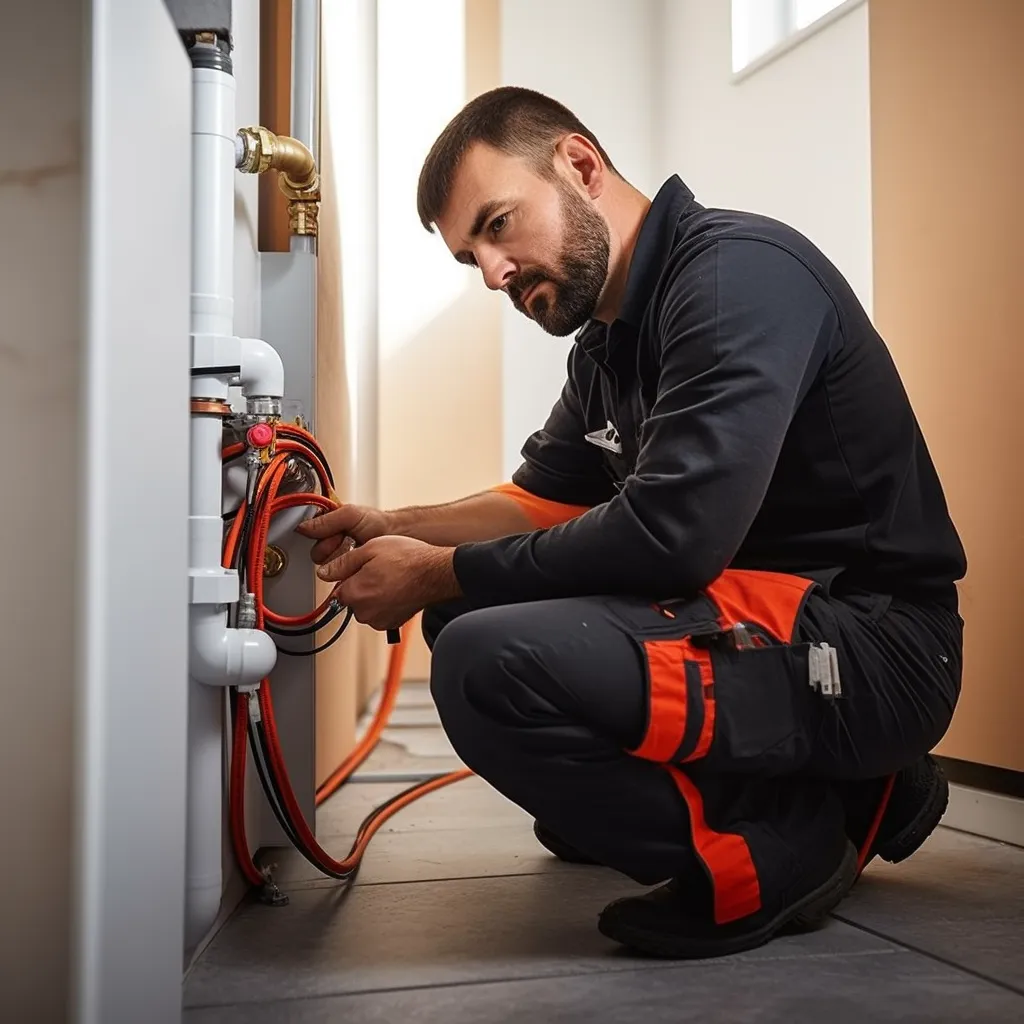
What is a condensing tankless water heater?
The condensing tankless water heater represents an advanced and highly efficient version of the traditional tankless water heater. It incorporates an intelligent mechanism to capture and recycle waste heat, efficiently heating the incoming water. This innovative process maximizes efficiency and minimizes energy wastage, leading to notable cost savings on your energy bill. Additionally, the condensing tankless water heater's reduced energy consumption contributes to a lower carbon footprint, making it an environmentally conscious and eco-friendly option.

What are the differences: condensing vs non condensing tankless water heaters
Tankless water heaters are a great option for lowering energy costs, but it's crucial to grasp the contrast between condensing and non-condensing models. The main difference lies in how they handle exhaust gases. Non-condensing models release these gases into the atmosphere, while condensing models cool them down until they condense into water vapor, which is then expelled.
This process makes condensing models more energy-efficient and overall more efficient than non-condensing models. While condensing models may have higher upfront costs, they can offer substantial long-term savings by reducing energy expenses.
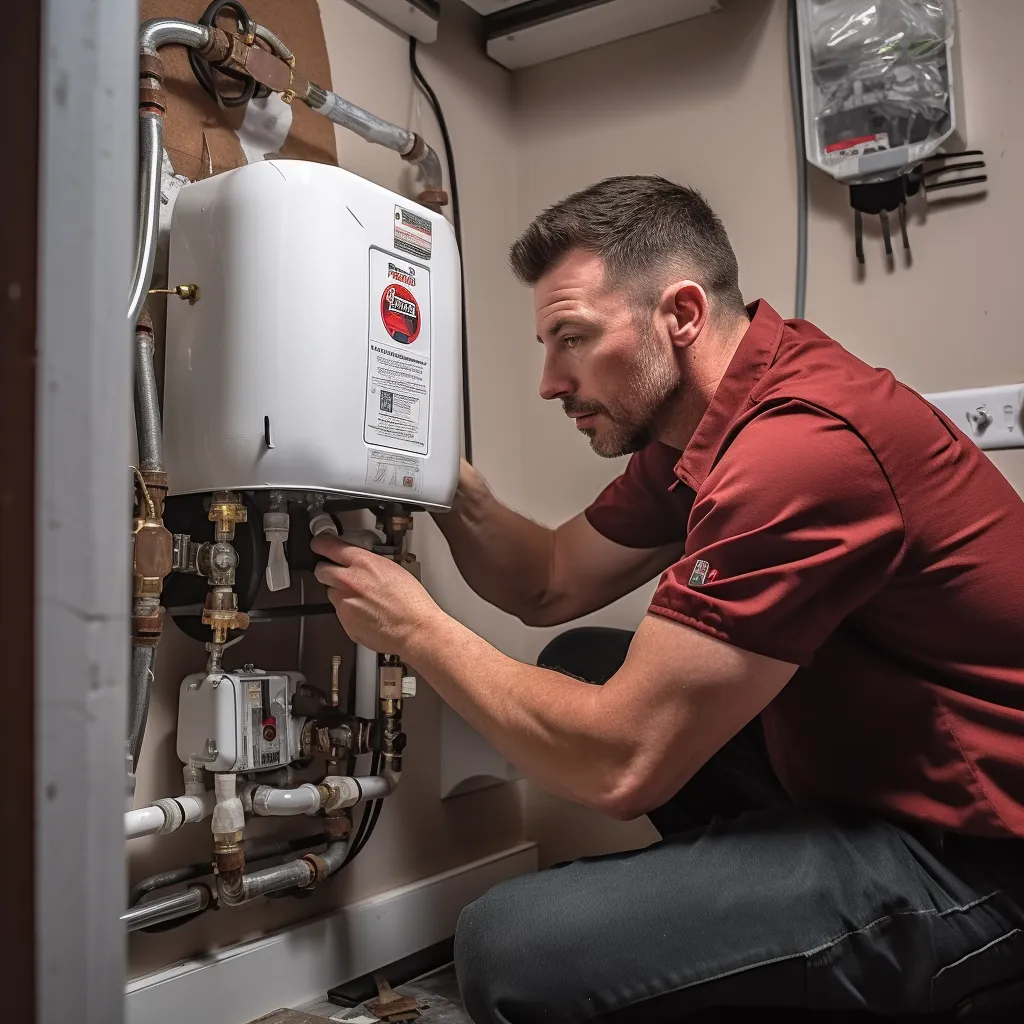
What are the benefits
of a condensing tankless water heater?
Condensing tankless water heaters provide several benefits compared to non-condensing water heaters:

Condensing models are highly efficient, leading to cost savings on utility bills. They utilize waste heat from exhaust gases effectively, extracting more energy from the fuel source and improving overall efficiency.
These water heaters are environmentally friendly as they produce fewer greenhouse gas emissions. This reduction in emissions contributes to a greener home and helps minimize the environmental impact.
Condensing water heaters typically have a longer lifespan than non-condensing models. Their simplified design with fewer components reduces the likelihood of mechanical failures, resulting in increased reliability and a consistent supply of hot water over an extended period.
What are the disadvantages
of a condensing tankless water heater?
The considerations to condensing tankless water heaters:

Condensing water heater models often have a higher upfront cost compared to non-condensing ones. However, it's essential to weigh this initial investment against the potential long-term savings in energy efficiency and reduced utility bills.
Keep in mind that condensing models may require more maintenance and have increased installation complexity due to additional venting and drainage system requirements. Although they offer greater efficiency, it's important to consider the overall cost and maintenance factors when making your decision.
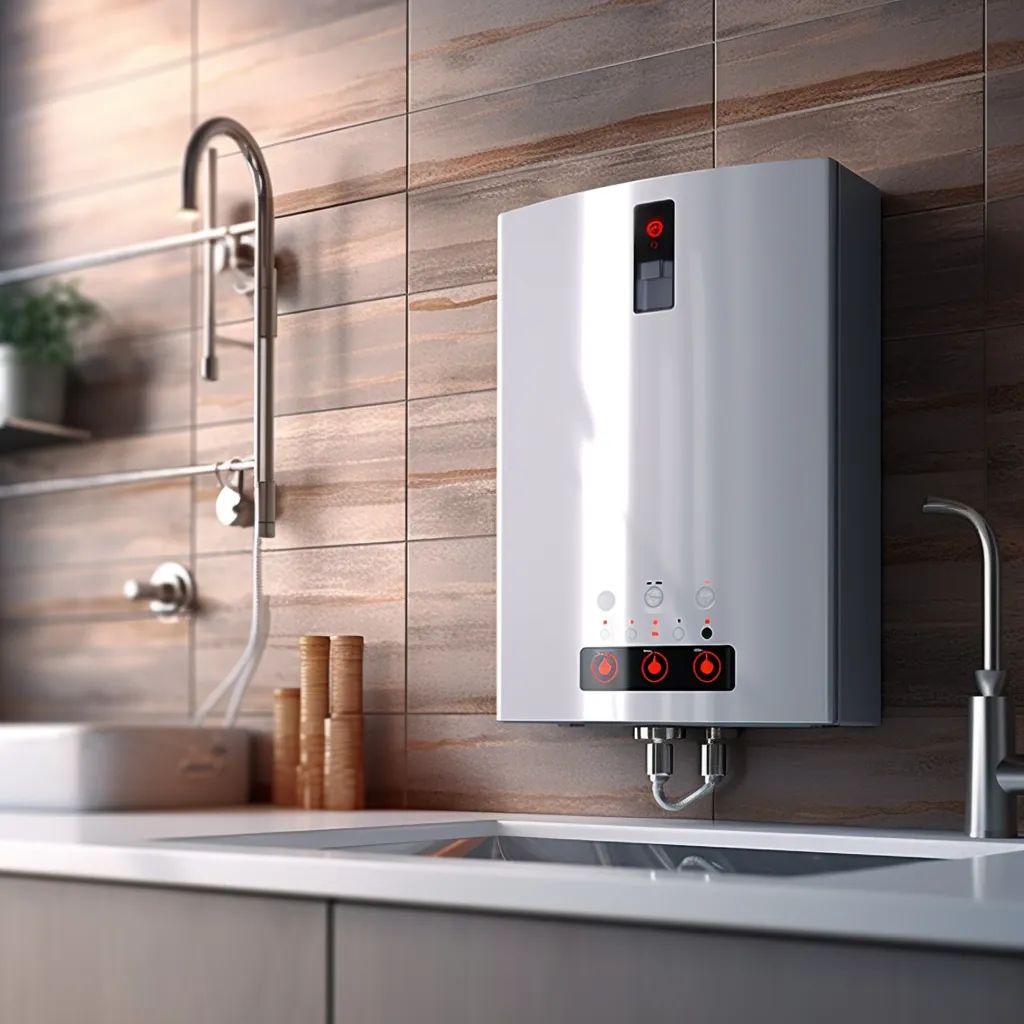
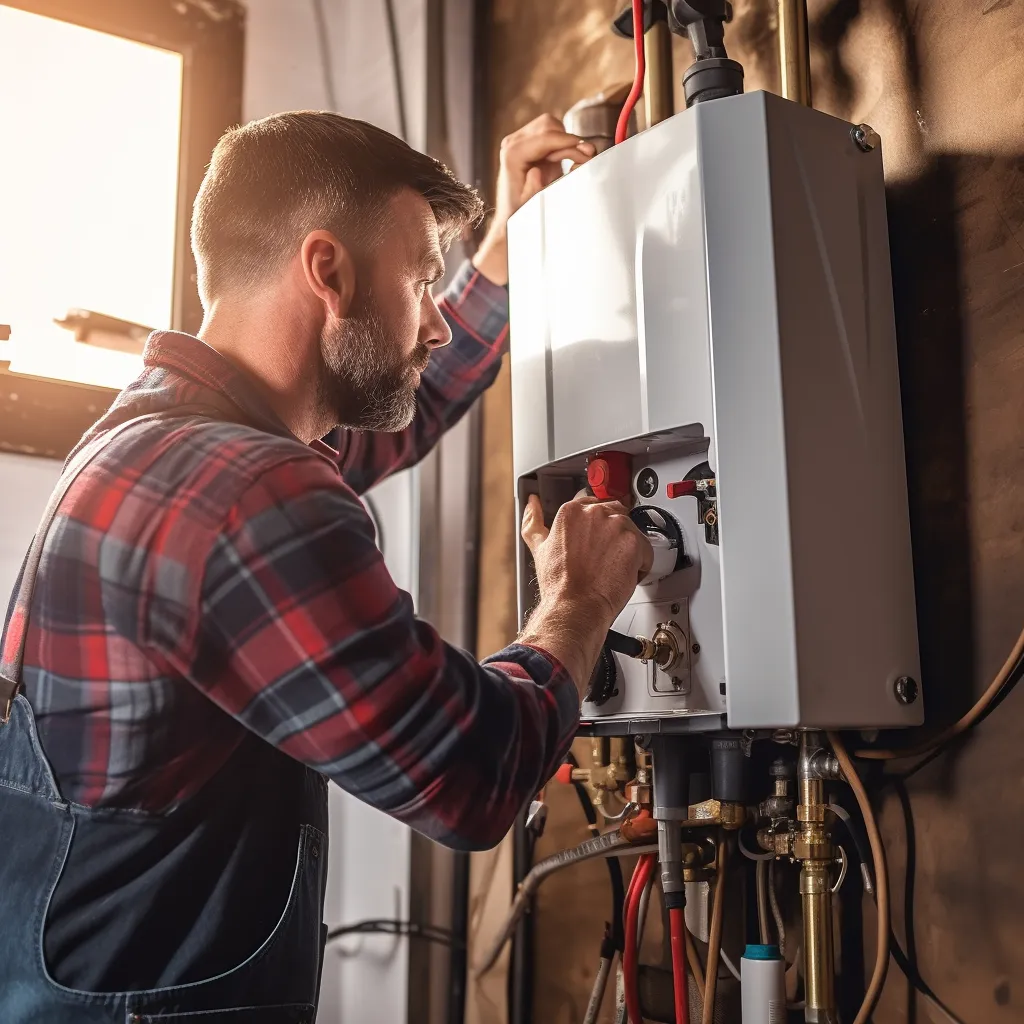
Are condensing tankless water heaters energy-efficient?
Condensing tankless water heaters are an intelligent and eco-friendly solution for heating water. Their high efficiency, reaching up to 96%, allows them to capture and utilize lost heat during the combustion process, leading to significant energy savings over time. This eliminates wasteful heating of unnecessary water, resulting in cost-effective operation.
Additionally, condensing tankless water heaters operate on-demand, heating water only when needed. This further reduces expenses and minimizes the environmental impact by avoiding unnecessary energy consumption.
By choosing a condensing tankless water heater, homeowners can enjoy efficient water heating, substantial cost savings, and contribute to a greener and more sustainable environment.

Are non condensing tankless water heaters energy-efficient?
Non-condensing tankless water heaters offer a viable option for those seeking sustainability and cost-effectiveness in water heating. While they may not achieve the same level of energy efficiency as condensing models, they still provide significant reductions in energy usage and costs compared to traditional tank water heaters.
Though non-condensing tankless water heaters may not capture and utilize waste heat like their condensing counterparts, they still offer an efficient and eco-friendly alternative to traditional water heaters. Compared to tank-based systems, they provide improved energy efficiency and cost savings, making them an appealing choice for many households.
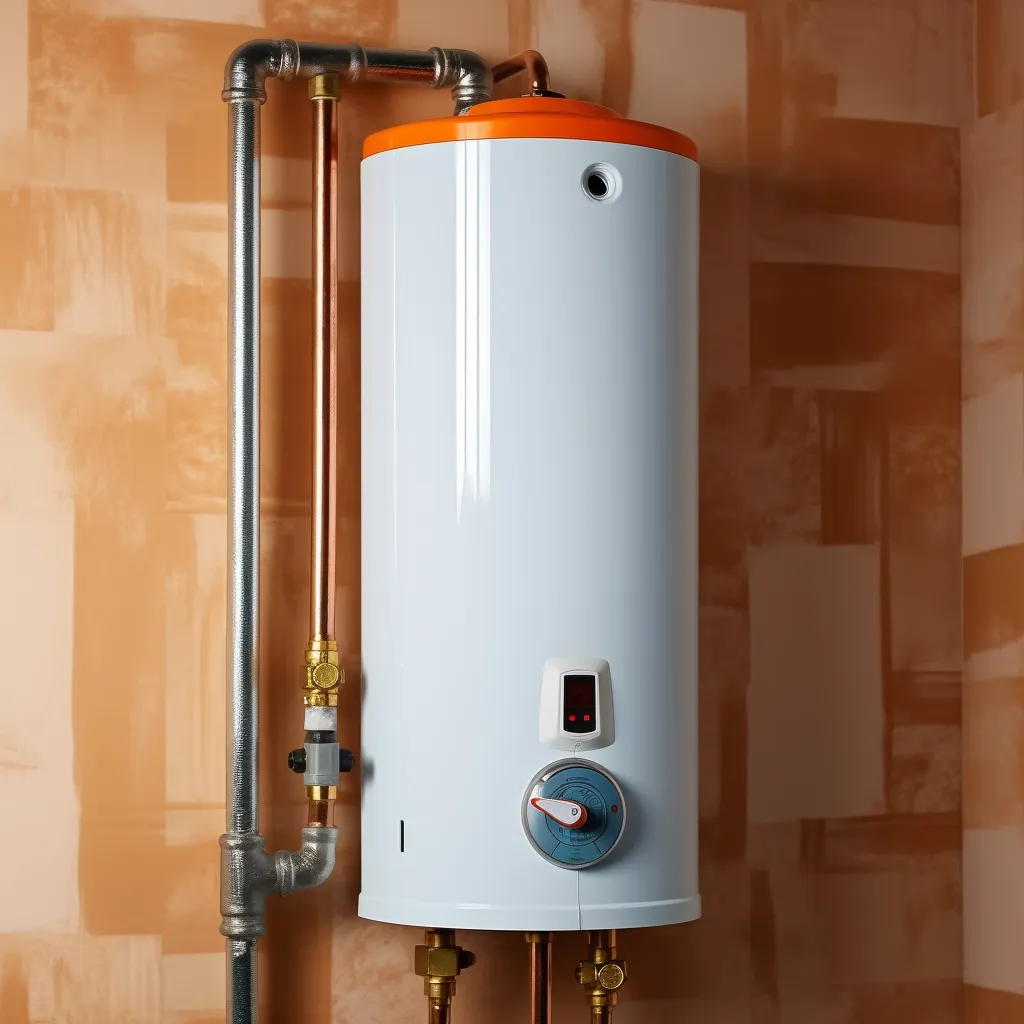
What is the cost to buy and install a condensing tankless water heater?
When considering condensing tankless water heaters, it's crucial to be mindful of the overall costs involved. Variables like home size, specific model, and brand can influence the price. Additionally, installation complexity should be taken into account.
To make an informed decision and choose the best option for your needs, seeking advice from a trusted professional is advisable. Their expertise can offer valuable guidance in selecting the right condensing tankless water heater for your home.
While the initial cost may be higher, many homeowners discover that the long-term benefits of a condensing tankless water heater outweigh the investment. The energy savings and improved efficiency can lead to significant cost savings over the years, making it a worthwhile choice for those seeking an efficient and sustainable water heating solution.

What is the cost to buy and install a non condensing tankless water heater?
Non-condensing tankless water heaters come in different sizes and are offered by reputable brands, with prices ranging from $1,000 to $3,000. Despite the initial investment, they deliver long-lasting performance, supplying unlimited hot water for up to two decades. Their sleek and compact design saves space and reduces clutter in your home.
Condensing tankless water heaters maintenance requirements?
Non-condensing tankless water heaters, available in various sizes and from reputable brands, usually fall within the price range of $1,000 to $3,000. While there is an initial investment, they provide long-lasting performance, supplying unlimited hot water for up to two decades. Their sleek and compact design also saves space and reduces clutter in your home.
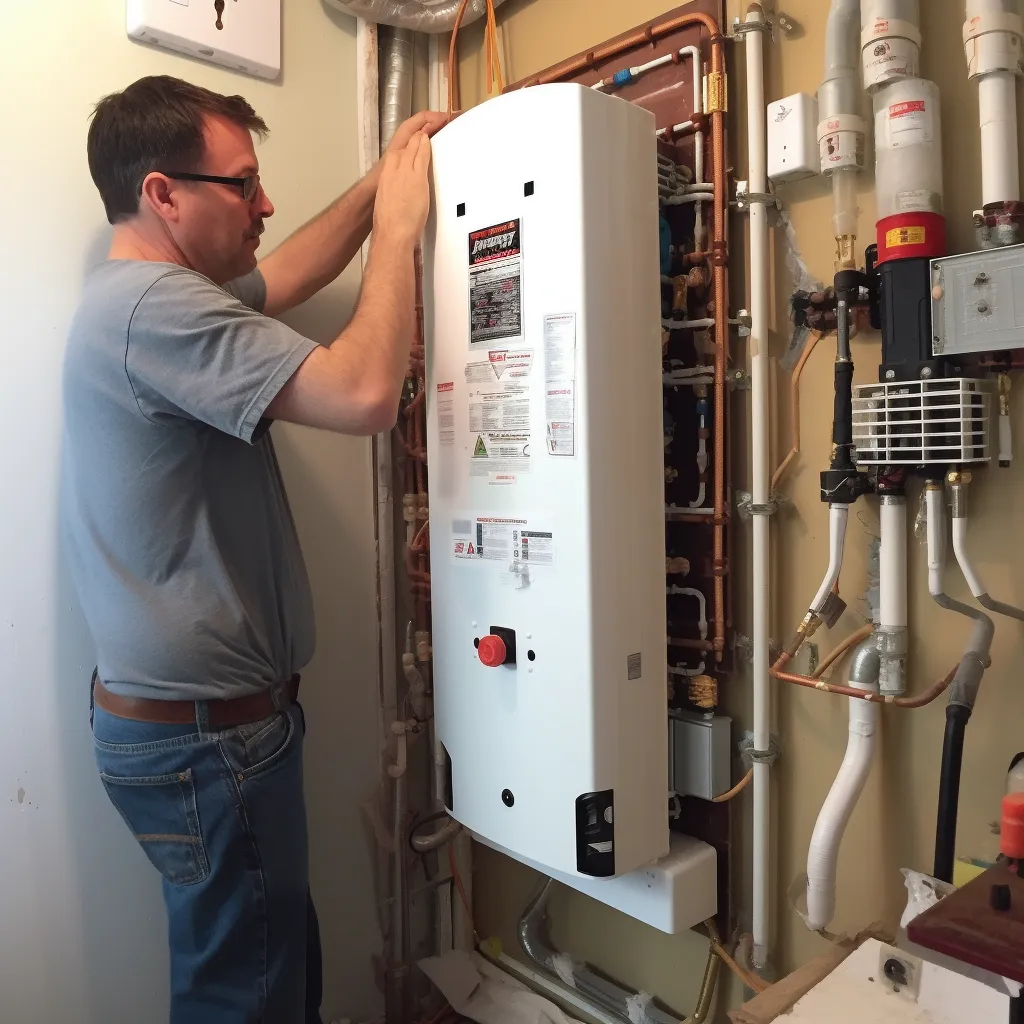
Verify for leaks or potential issues.
Clean the heat exchanger and burner.
Inspect and replace filters to maintain efficiency.
Test water pressure and temperature for optimal function.
Ensure the venting system is free of debris.
Flush the system regularly to remove sediment buildup.
Check the cleanliness of the air filter
Regular maintenance is crucial for condensing tankless water heaters to prevent issues such as high energy bills, decreased efficiency, or potential damage. To ensure your water heater remains in optimal condition, it is recommended to schedule professional maintenance checks on a regular basis. Taking a proactive approach to maintenance can help you save both time and money in the long run, while ensuring your water heater continues to operate efficiently and effectively.
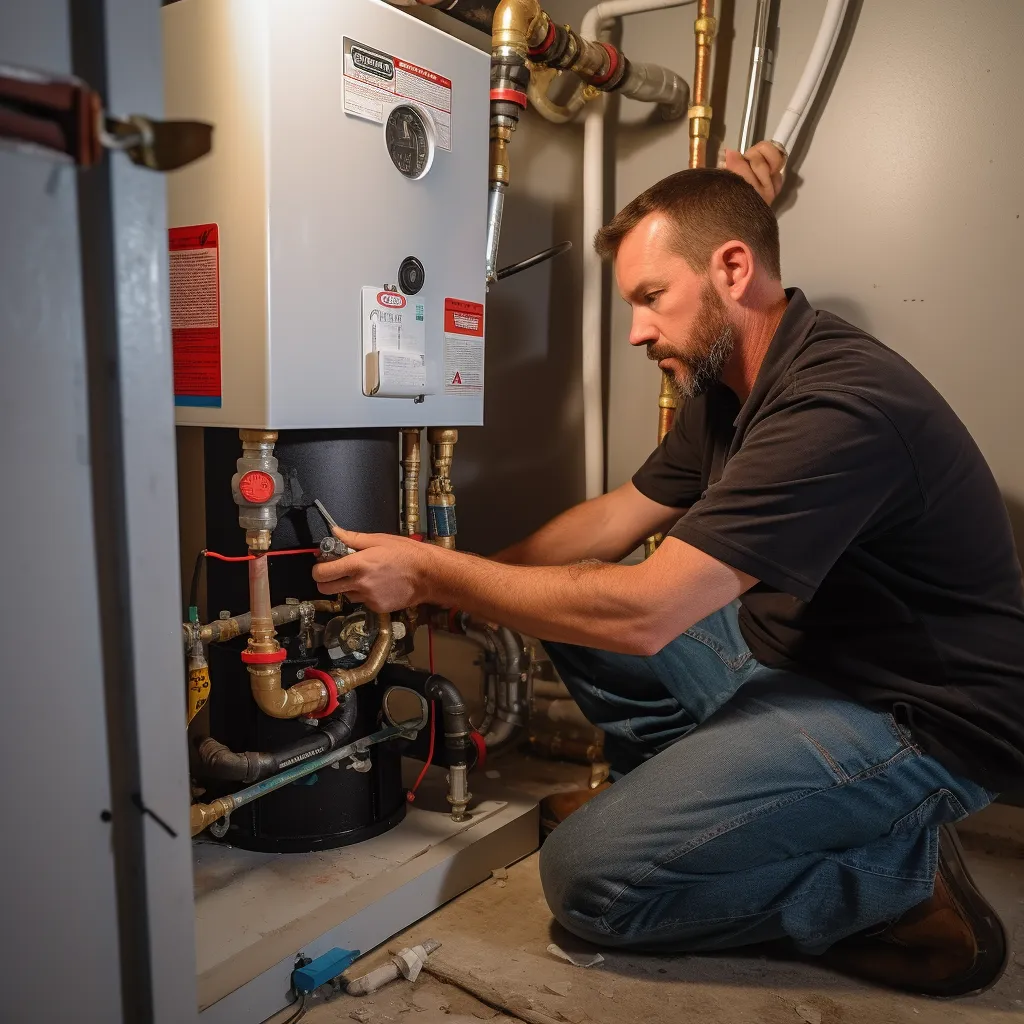
What are the maintenance requirements
for non condensing tankless water heaters?
The maintenance requirements for non-condensing tankless water heaters are similar to those of condensing units. Regular maintenance is essential to keep the unit functioning efficiently and to avoid potential issues.

Regularly flush the system to remove mineral buildup and debris that can affect its performance.
Check the unit filters frequently and replace them as needed to ensure proper flow and prevent clogging.
Clean the heat exchanger and burner to remove any buildup that can impact efficiency and heat transfer.
Inspect the system for any malfunctions or leaks and address them promptly to prevent further damage.
Verify the water pressure and temperature to ensure they are within the recommended range for optimal performance.
Keep the vents free from debris to maintain proper airflow and prevent ventilation issues.
What to think about when choosing between a
non condensing vs condensing tankless water heater
When choosing between a non-condensing and a condensing tankless water heater, consider the following factors:
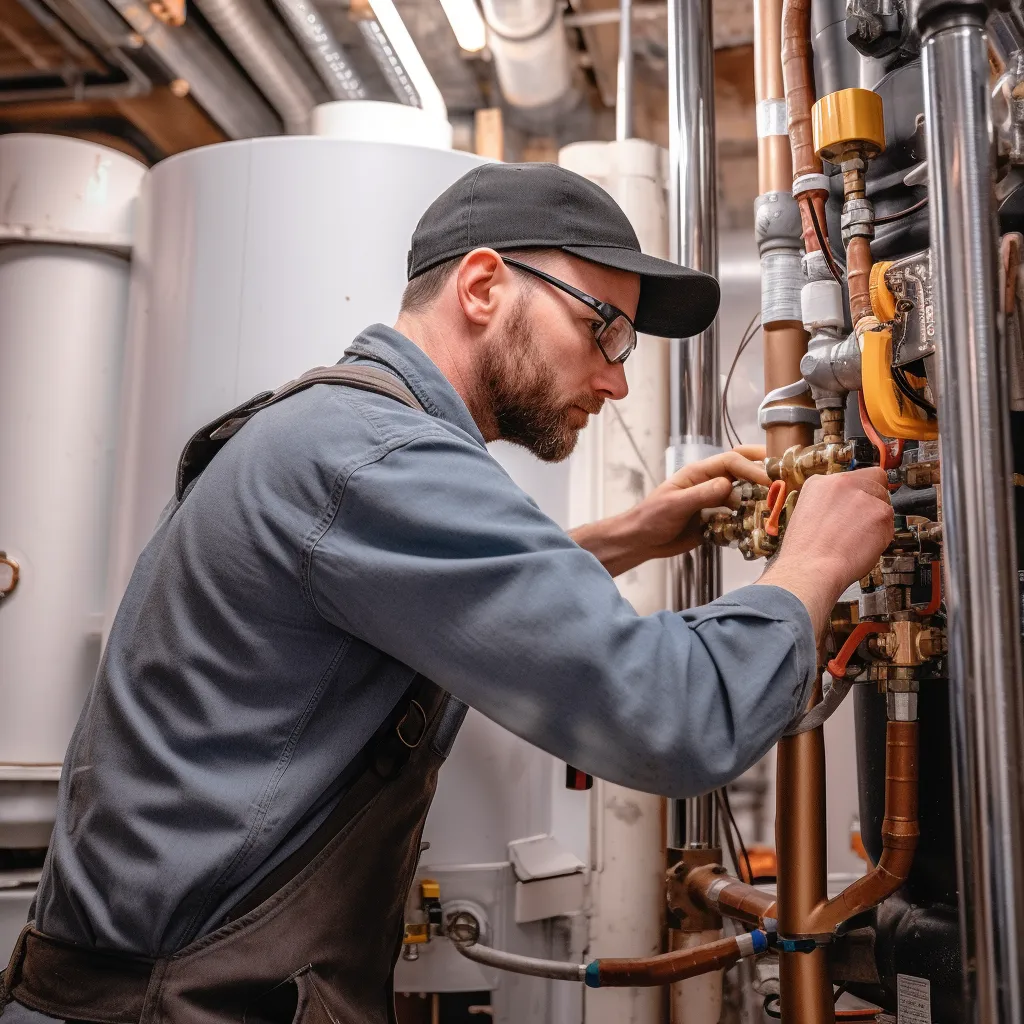
Space: Non-condensing water heaters are typically bulkier than condensing units. If you have limited space, choosing a condensing water heater is a better option.
Installation Complexity: Condensing units require a more complex installation, which can increase the overall cost. Non-condensing units offer a more straightforward and budget-friendly installation.
Maintenance: Non-condensing tankless water heaters require more frequent upkeep compared to condensing models. Consider your maintenance preferences when making a decision.
Energy Efficiency: Condensing units have the advantage of using less energy, resulting in long-term utility bill savings. If energy efficiency is important to you, opt for a condensing water heater.

Researching condensing vs non condensing tankless water heaters
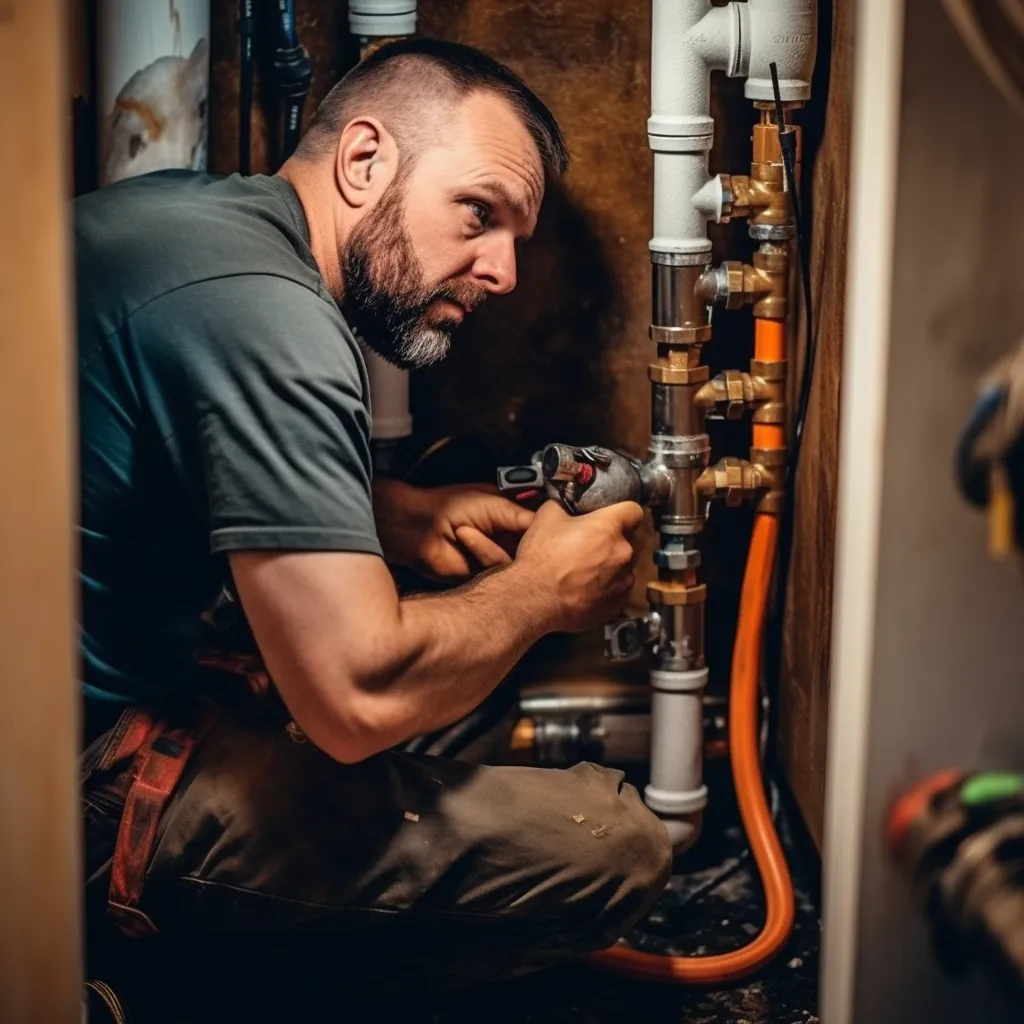
To find the ideal tankless water heater for your home, carefully consider the pros and cons of different types available, including condensing and non-condensing units. While non-condensing models may seem more budget-friendly at first, they can be less energy-efficient and require more maintenance. On the other hand, condensing tankless water heaters offer cost-effectiveness and potential utility bill savings. Take the time to compare various options and select the right water heater type for consistent hot water and energy savings.
Remember that choosing the perfect tankless water heater is a personalized decision. It's essential to consult a licensed professional who understands your home's specific requirements. With their expertise, you can make an informed choice that aligns precisely with your needs and ensures optimal performance.
Contact Us
GET IN FULL TOUCH
PHONE: (650) 337-0872
EMAIL:
ifran@waterheatersinsanmateo.com
All Pro Plumbing and Rooter
San Mateo, CA 94401
